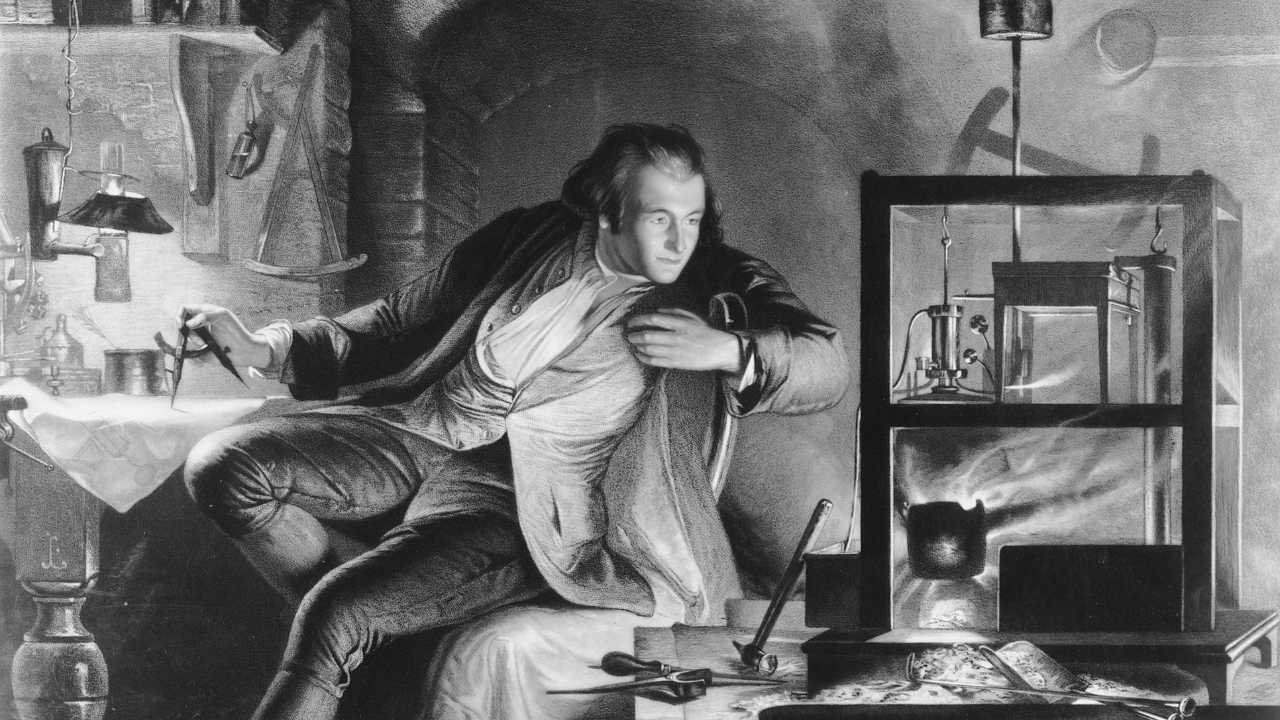
James Watt: Forging the Engine of Industrial Revolution
James Watt (1736-1819), a visionary Scottish inventor, mechanical engineer, and chemist whose ingenious improvements to steam engine technology reshaped the course of history. Explore how Watt's innovative mind and dedication to efficiency revolutionised industry, powering the wheels of progress in his homeland and around the globe.
At Scotland’s Wild, our friendly, story-telling guides have led thousands of trips through Scotland. We share history, legends and tales to entice people to visit this incredible country!
If you’d like to check-out our selection of tours, from day trips to island hopping multi-day adventures - click here.
Pioneering the Steam Revolution
Born on 30 January 1736 (19 January 1736 OS), Watt's journey began as an instrument maker at the University of Glasgow. His fascination with steam engines led him to a critical insight: the inefficiencies of existing designs were impeding progress. Watt's breakthrough innovation, the separate condenser, eliminated energy wastage, leading to his monumental invention—the Watt steam engine in 1776.
Energising the Industrial Landscape
Watt's genius harnessed steam's potential to an unprecedented degree. His engine, an evolution of Thomas Newcomen's creation, ignited the Industrial Revolution's spark. By introducing rotary motion and boosting power, efficiency, and cost-effectiveness, Watt's steam engine found applications far beyond water pumping, propelling industry, transportation, and progress.
The Boulton and Watt Partnership
Watt's vision faced formidable challenges until his collaboration with Matthew Boulton in 1775. The partnership of Boulton and Watt not only overcame financial hurdles but soared to remarkable success. As Watt's innovations transformed engines into prime movers of change, his partnership with Boulton galvanised their mutual legacy as architects of the Industrial Revolution.
Legacy and Influence
James Watt's contributions extended far beyond his era. His pioneering concept of horsepower not only quantified energy but also birthed the SI unit of power—the watt—eternally memorialising his impact. Watt's legacy resonates through his transformative inventions and his enduring spirit of inquiry, inspiring generations of engineers, scientists, and innovators.




